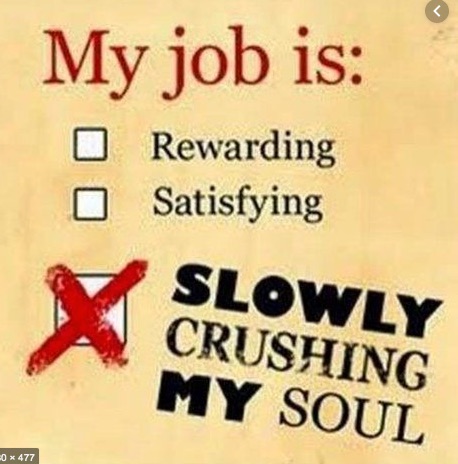You’ve heard the expression “fitting a square peg into a round hole does not work”.
And yet, this is precisely the situation that many individuals feel about their jobs– their natural strengths do not match the skills needed for core job duties. Many of my clients “grind it out” day after day in order to pay their bills and bank pensionable time, even though it hurts and causes much career pain.
For example, I’ve worked with some clients over the past 30 years who get hired into an entry level position then show a special ability to step into an unstructured situation to solve problems with people, planning, or productivity. They have a natural talent for sorting through many complex details to develop a step-by-step solution exactly suited to the people and the situation.
The outcome of their solution is often the establishment of very efficient and effective structures, systems or processes that improve productivity. Their accomplishment makes a big splash in the organization and they often get promoted to maintain the new structure or system that they developed. But this new role bores them to tears because maintaining a structured situation requires a different set of skills and motivations than problem-solving in unstructured situation.
In short, they are often the victims of their own success. The new structure does not produce the same kind of problems as the previous unstructured situation and their natural talents don’t get triggered again.
They might go around looking for new problems to solve–they are simply doing what comes naturally to them–but end up stepping on other people’s toes, crossing boundaries, or unwittingly causing friction with co-workers.
They feel like a square peg in a round hole. They sometimes blame their employer or themselves for not being able to advance in their career…and they continue to feel that way until they understand their natural strengths and their unique motivational pattern.
My job is to identify and define those key success factors and match them up with the kinds of jobs that need their strengths and the organizations that will reward them for it.
For example, some of my clients with the talents and motivations described above have gone on to new roles, such as Workflow Analysts, Strategic Consultants, Business Operations Analysts, Project Managers, Change Managers, or similar in large dysfunctional organizations or medium sized ones experiencing rapid growth and all the problems that go with it.
JobJoy Smile – Work puns
– Employer: We need someone responsible for the job.
Job Applicant: Sir your search ends here! In my previous job whenever something went wrong, everybody said I was responsible.
– A human resource person was quizzing a new employee on the company’s safety manual. “And what steps do you take in case of a fire?” she asked. The new employee replied, “Quick ones.”
– Boss: How is it that you are always sick on weekdays? Employee: It’s my weekend immune system.









